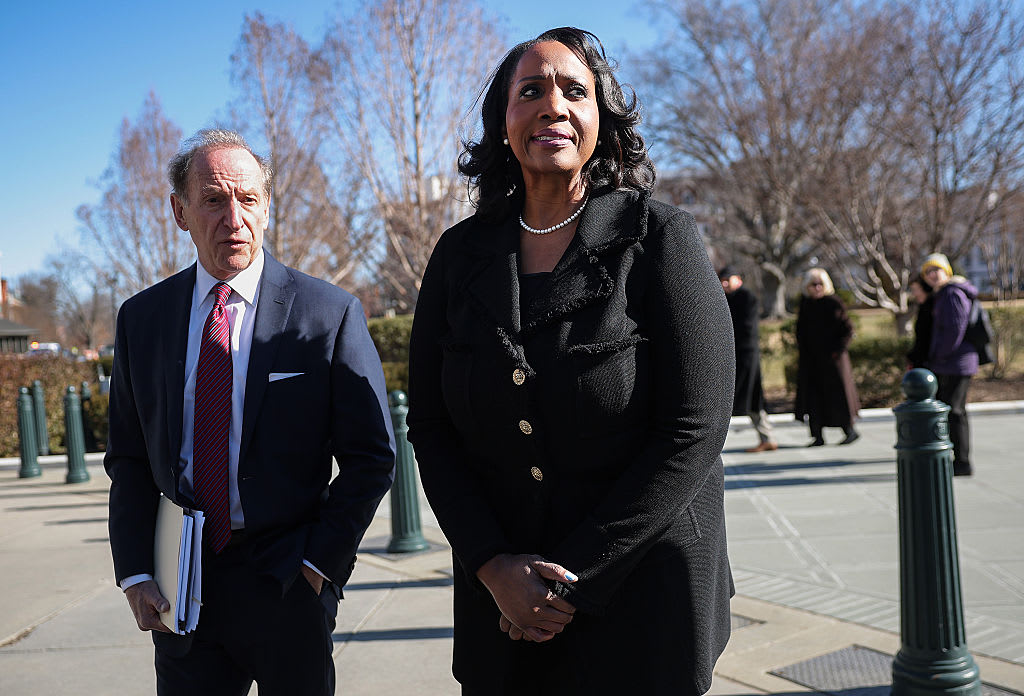As daylight saving time ends, many want to stop changing the clocks
It's that time of year again, when most of the U.S. will enjoy an extra hour of sleep as clocks fall back at 2 a.m. Sunday. But there's growing momentum to make the twice-yearly tradition a thing of the past.
A CBS News/YouGov poll conducted in March found that nearly eight in 10 Americans want to stop changing their clocks twice a year.
Brandi Alexander, whose daughter boards the school bus when it's dark, is among them.
"It's a concern with her crossing the street, cars can't see her and other children crossing the street," Alexander said.
Every March, clocks spring forward to daylight saving time. Every November, they fall back to standard time. Research has shown that changing the clocks impacts productivity and mental and physical health.
Earlier this year, the Senate passed the Sunshine Protection Act, making daylight saving time permanent. But the bill has been stalled in the House.
If daylight saving time becomes permanent, the sun wouldn't rise until after 9 a.m. come January in Detroit, Michigan. That means people will be getting to work and shuttling kids to school in the dark.
Jane Terry, vice president of government affairs at the National Safety Council, which supports ending the time changing ritual but sticking to standard time, says "it really messes with our internal systems."
"Our body rhythm is aligned with the sun, and that is standard time — what we're going to go back to this weekend," Terry said.
Nearly every state has proposed or passed legislation to do away with the time rotating ritual. But for now, most states will have to keep changing clocks until Congress changes its mind.




